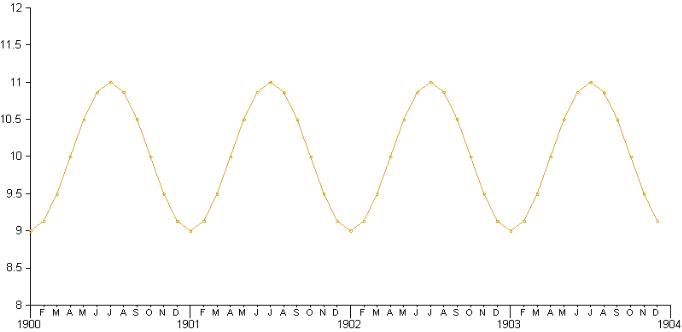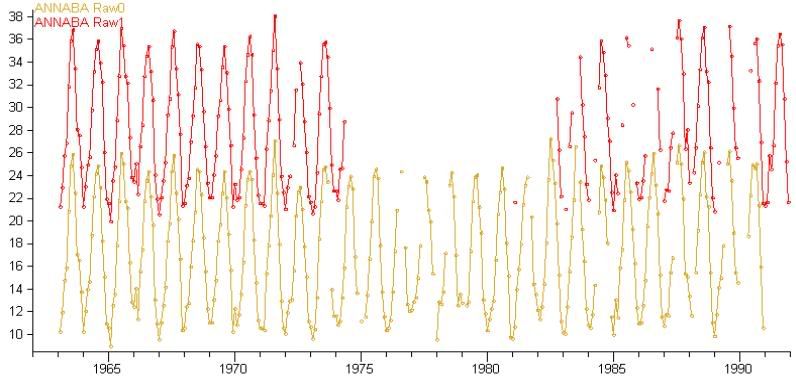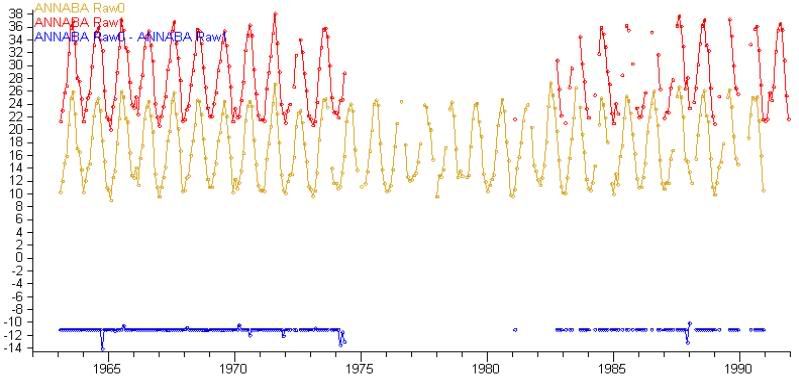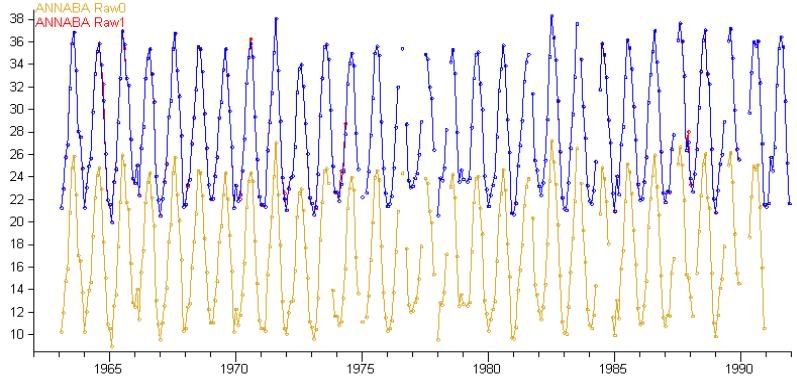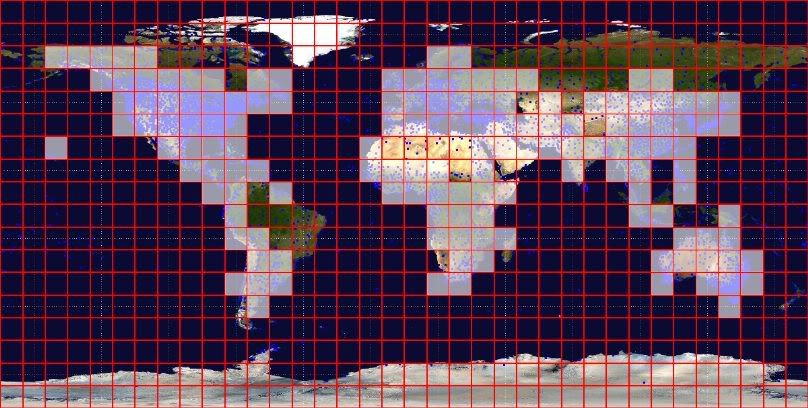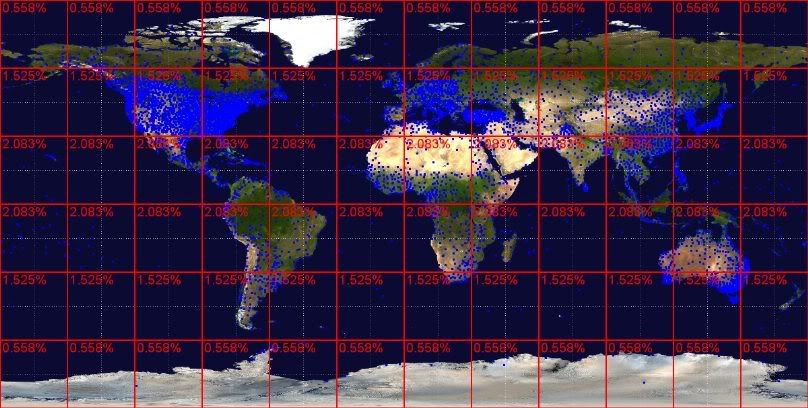I exaggerate. Or do I?
I saw an abysmal Fox News article criticized at
http://wotsupwiththat.wordpress.com/2010/03/31/nasa-data-worse-than-climate-gate-data-giss-admits/.
Wow. Remember though. Fair and Balanced. Fair and Balanced.
How far out of your way do you have to go to "find" a story like this? It's just not the kind of thing that comes up in the day's reportable news events. It's not actually news. No this is a story someone has had to actively create as part of a political agenda. The agenda is obvious too.
I imagine a general rule of science journalism is not to get info for your news articles from political think-tanks. What the hell were Fox News thinking?
Have a read of another criticism of the Fox News article I found here too
CEI's Horner enlists Fox News in manufacturing another climate email scandalIf you read the fox news article and then read the emails by Hansen and Ruedy you can see for yourself what straw grasping this news article is based on. I won't bother going into that - it's blindingly obvious. Skeptics wonder why investigations are clearing scientists of their accusations? The skeptics call whitewash, but the fact is that their accusations are based on them being idiots who fall for rubbish like this Fox News article. But enough of all that. I want to go through the article and comment on many things.
What's the first thing you think of when you think of NASA? Landing of the moon of course! So how better to start the article than a lame and rather reader-insulting attempt to tie the story in with a cheap quip about landing on the moon. And so it starts:
NASA was able to put a man on the moon, but the space agency can't tell you what the temperature was when it did.Oh but Fox News can you be sure NASA did land on the moon? Perhaps next weeks fair and balanced story can discuss how NASA cannot explain shadows in moon photos.
By its own admission, NASA's temperature records are in even worse shape than the besmirched Climate-gate data.Besmirched! What a crapper of a word to use. Why not say bastard instead? You know that bastard data that all those bastard scientists are always going on about.
"NASA's temperature data is worse than the Climate-gate temperature data. According to NASA," wrote Christopher Horner, a senior fellow at the Competitive Enterprise Institute who uncovered the e-mails"Well all that tells me is X < Y and Fox News has told me that Y = Besmirched. If only I was reckless enough to put imaginary values to those variables I might actually fall for whatever unfolding scandal Fox News thinks it's reporting.
Horner is skeptical of NCDC's data as well, stating plainly: "Three out of the four temperature data sets stink."
Horner is skeptial of NCDC's data
as well? I might faint I am so shocked. I have a hunch that Horner would be skeptical the Earth is round if that could be construed as supporting global warming. One thing that is a little surprising is that Fox News is not skeptical of Horner.
We are given more code though - we learn, from Horner no less, that three out of the four temperature data sets stink. What are these four datasets? Lets see, they've mentioned CRU, NASA and NCDC so far. Hmm that's odd that's only three. I guess these are the ones that stink. So what's the squeaky clean one not mentioned? It can't be UAH because that would mean they were pretending RSS doesn't exist...
"Global warming critics call this a crucial blow to advocates' arguments that ..."This is the fair and balanced part where they bring in the as yet unrepresented other side - the global warming critics...er, wait..... Hang on thought we just had the global warming critics represented by Horner? Oh I suppose he isn't representing the critics at all. He is just what the media would call an "independent voice". It's just coincidence that he is an unbiased senior fellow of a political think-tank, which has got itself involved in some nitty gritty detail of some sub-sub-discipline of a particular scientific field because....well because the CEI is very interested in science. Nothing to do with politics. Next week they will be investigating special relativity and the germ theory of disease and I am sure Fox News will be there to report it...
The CEI are afterall just the kind of entity any reputable media organization should get it's science news from. That makes complete sense. It's not bizzare at all.
Global warming critics call this a crucial blow to advocates' arguments that minor flaws in the "Climate-gate" data are unimportant, since all the major data sets arrive at the same conclusion -- that the Earth is getting warmer. But there's a good reason for that, the skeptics say: They all use the same data.But Fox News, how can NASA and CRU use the same data when Phil Jones has the only copy and deleted it? Ah the plot thickens. And what about your 4th dataset (the squeaky clean one). Does that use the same data? Does it arrive at the same conclusion?
"There is far too much overlap among the surface temperature data sets to assert with a straight face that they independently verify each other's results,"They use temperature data from the same stations? I can't imagine why! We must immediately get them to use different stations! Just promise you won't turn round and exploit that by spreading a nasty rumor that NASA deliberately excluded valid stations from their analysis and only kept the warm ones! Actually no need to promise I am sure skeptics wouldn't
stoop so low.
Just one more thing. Who made the argument that there is too much overlap?
says James M. Taylor, senior fellow of environment policy at The Heartland Institute.Ah yes the Heartland Institute. Another political think-tank...er I mean another reputable science source that any journalist writing a science article should get their information from. Like the Competitive Energy Institute, the Heartland Institute are only interested in this subject because they enjoy science. Next week the Heartland Institute will be organizing an international quantum physics conference.
Again I repeat that it is not at all bizzare for a major news organization to be getting it's science information from "senior fellows" at political thinktanks.
"Neither NASA nor NOAA responded to requests for comment."Shit, That means no more material to quotemine from. All you have is Hansen's email and his draft paper to quotemine.
Here comes the token balance:
But Dr. Jeff Masters, director of meteorology at Weather Underground, still believes the validity of data from NASA, NOAA and East Anglia would be in jeopardy only if the comparative analysis didn't match.That silly Jeff Masters, he
"still" believes the science is okay even though Fox News has said otherwise. I won't quote it all, there's a few sentences. Masters finishes with:
This should give us confidence that the three groups are probably doing reasonable corrections, given that the three final data sets match pretty well."The Fox News article then continues with:
But NASA is somewhat less confident, having quietly decided to tweak its corrections to the climate data earlier this month. So they brought in Jeff Masters simply to provide a facade of "balance". But no sooner as he is done they wildly misinterpret the Hansen et al 2010 draft paper which contains updates to the GISTEMP analysis as meaning NASA are not confident that the "corrections are reasonable". Also what the hell is the "having
quietly decided" part about? How do you quietly decide something? Do you make noises while you make a decision? How about publishing a paper? Is that quiet?
There's no defense for such claims, let alone putting them in a news article which is supposed to be "fair and balanced". It's steeped in an agenda to discredit GISTEMP with flimsy arguments. It's not fair or balanced at all.
I don't think this is the kind of stuff a fox news author will know about anyway. It's too specific. Am I to really believe that they've found the draft paper on James Hansen's site and understood it? No I don't buy that for a second. Either they are reading something off a skeptic blog, or there's some CEI or Heartland Institute like person ghost writing this information for them.
So they quote CEI and Heartland Insititute "senior fellows" and balance that with Jeff Masters, but all the text in-between is more skeptic crap. Ie the article is riddled with skeptic bullshit with a few token Jeff Masters sentences in the middle, the middle because they can't help but follow up by trying to dismiss what he says. That's unbalanced. In fact including Jeff Masters just makes it worse because it's exactly what you would do if you were trying to create the mere illusion of balance without actually providing it.
In an updated analysis of the surface temperature data released on March 19, NASA adjusted the raw temperature station data to account for inaccurate readings caused by heat-absorbing paved surfaces and buildings in a slightly different way."A slightly different way" is not good enough. Did it make a big difference to the results or not? If not then how can you claim the change means they are "less confident" than Jeff Masters in the data? This Fox News article is complete bullshit. They might as well just hand over the website to Watt's or Joe D'Aleo and say "here you go, write some shit, we'll throw in a few sentences from Jeff Masters and call it fair and balanced". For all I know that's what they did.
But wait it gets better, after using the adjustment updates in Hansen 2010 to imply NASA are less certain in their results than Jeff Masters, they can't help but add:
Of course, this doesn't solve problems with NASA's data, as the newest paper admits: "Much higher resolution would be needed to check for local problems with the placement of thermometers relative to possible building obstructions," They've even cherrypicked a sentence from the paper! Someone has gone through the paper an used the common anti-scientific act of
quote-mining stuff.
And it gets better!
a problem repeatedly underscored by meteorologist Anthony Watts on his SurfaceStations.org Web site. Last month, Watts told FoxNews.com that "90 percent of them don't meet [the government's] old, simple rule called the '100-foot rule' for keeping thermometers 100 feet or more from biasing influence. Ninety percent of them failed that, and we've got documentation."Old simple rules!
It continues to get better:
Still, "confidence" is not the same as scientific law, something the public obviously recognizes.Confidence is not the same as scientific law? What the fuck. That sentence doesn't even follow from anything, let alone make sense.
According to a December survey, only 25 percent of Americans believed there was agreement within the scientific community on climate change. And unless things fundamentally change, it could remain that way, said Taylor. Is Taylor saying 25 percent is too low or too high? By fundamental change is he expressing a hope for more shit articles to be published in the media to bring the % down.
No he means:
"Until surface temperature data sets are truly independent of one another and are entrusted to scientists whose objectivity is beyond question, the satellite temperature record alone will not have any credibility," he said.He cares. But what does
truely independent mean? That they use completely different temperature scales? That they are not all on Earth? What does objectivity
beyond question mean? How is that even obtainable? Your statement makes no fucking sense. It's not practical, it's meaningless toss.
This is why we employ scientists to do science, not pie in the sky "senior fellows" of think-tanks who...well who knows what you do.
And isn't there more than one satellite temperature record Taylor? Yes there is.
Then the article ends.






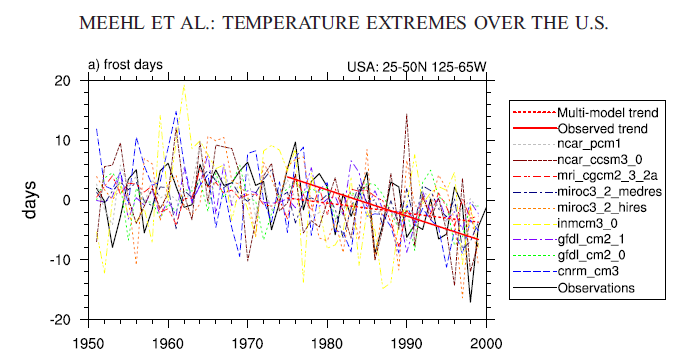
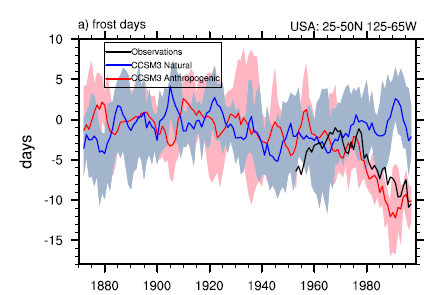
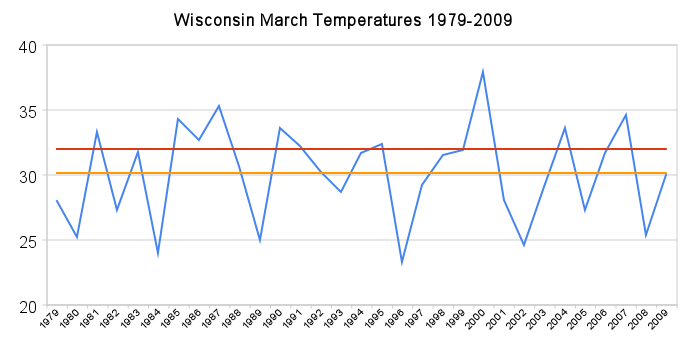
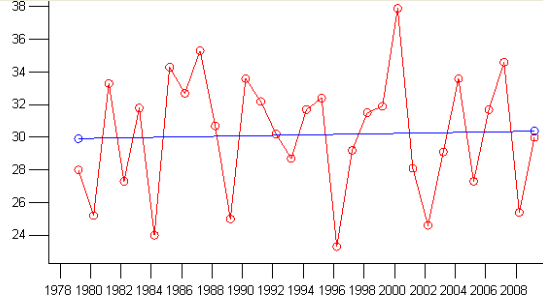
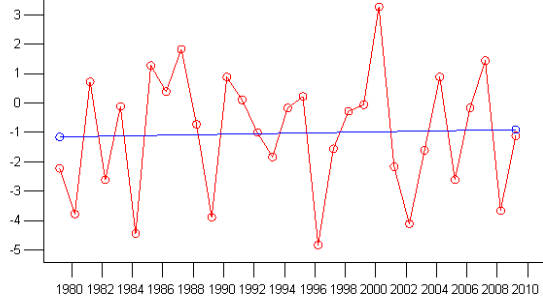
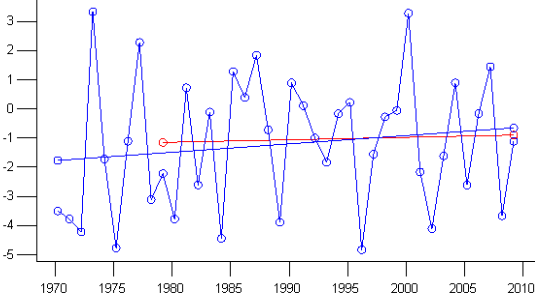
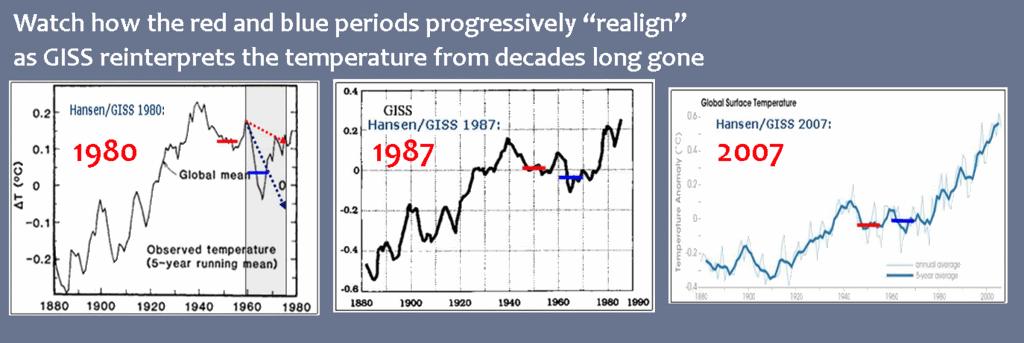
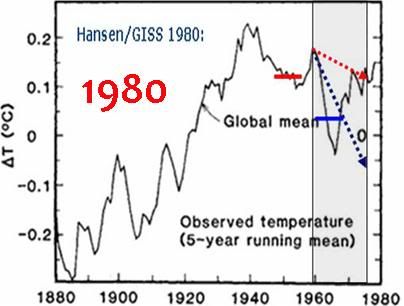
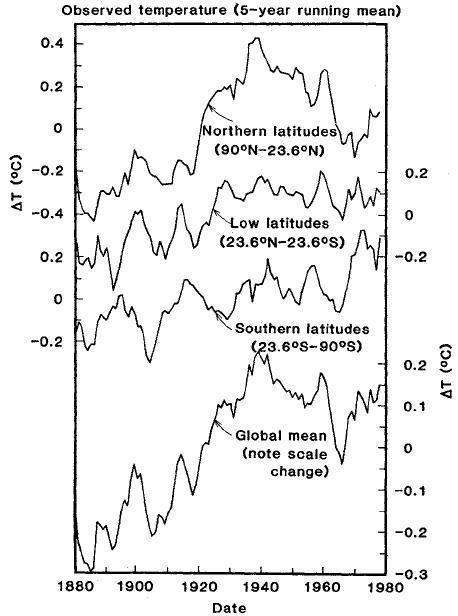
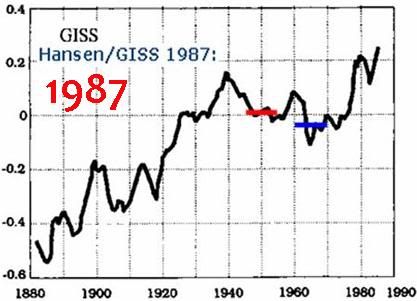
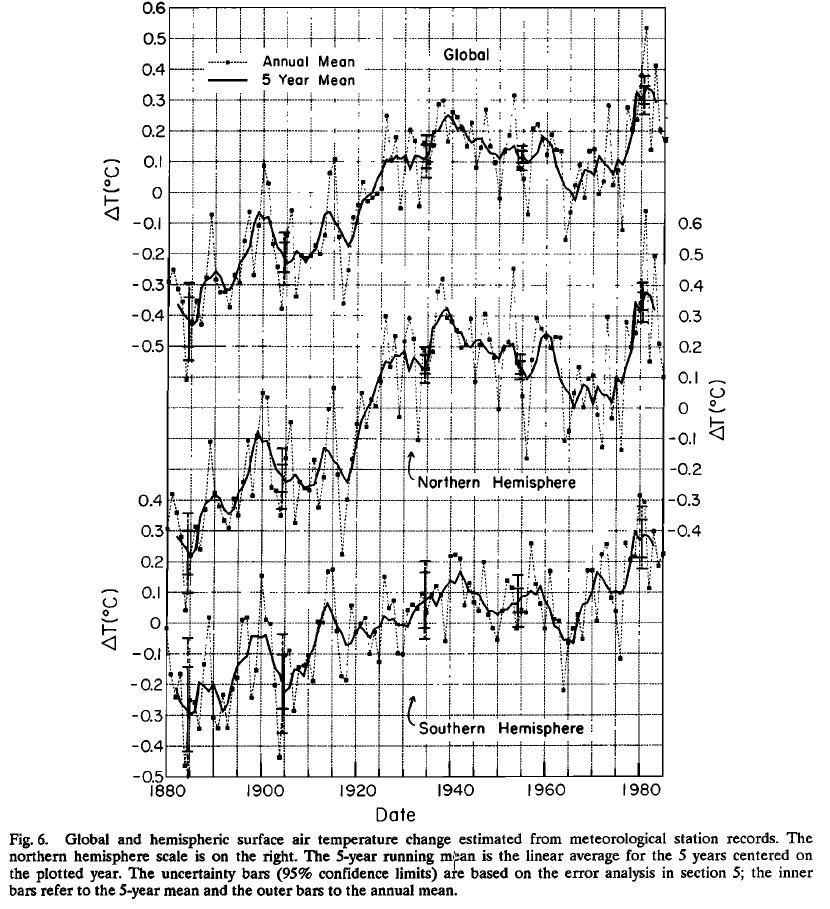
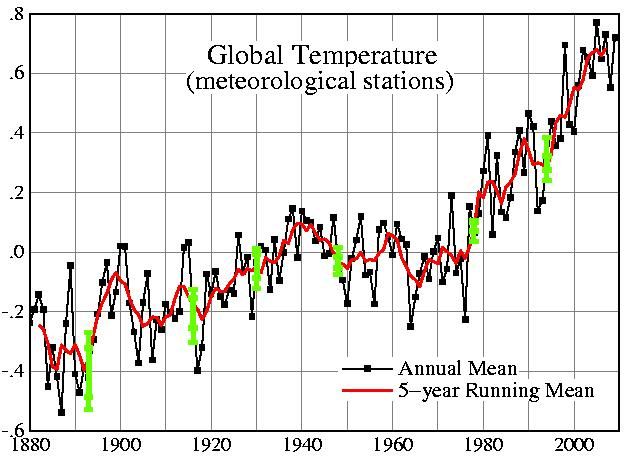

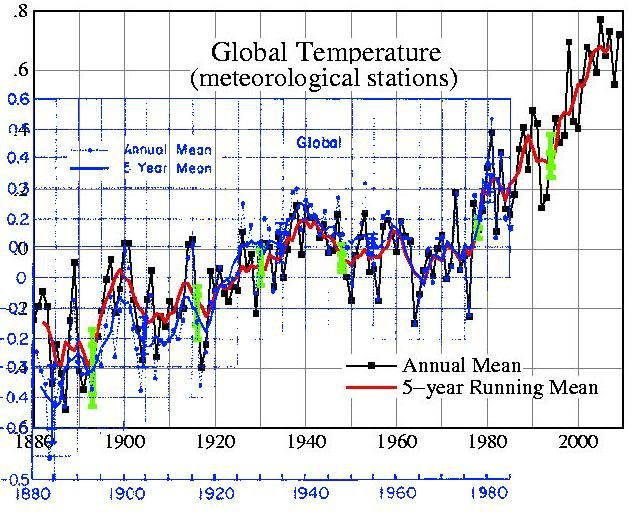
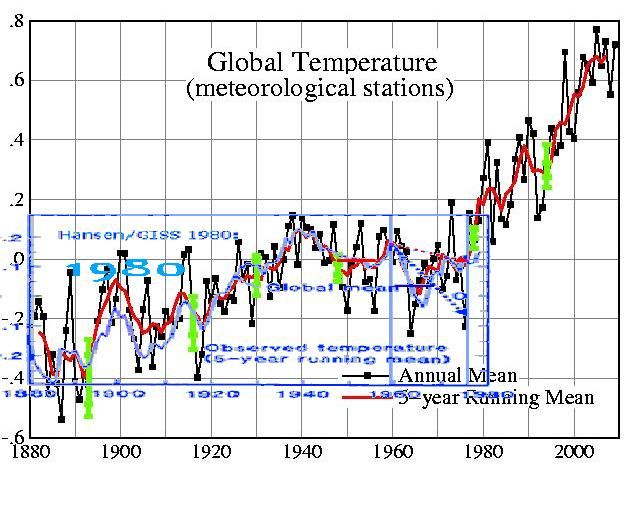
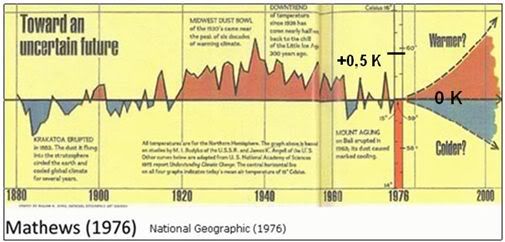
 So inclusion of ocean data would seem to make a big difference. If Budyko is strongly reliant on land data then this could explain the difference.
So inclusion of ocean data would seem to make a big difference. If Budyko is strongly reliant on land data then this could explain the difference.
